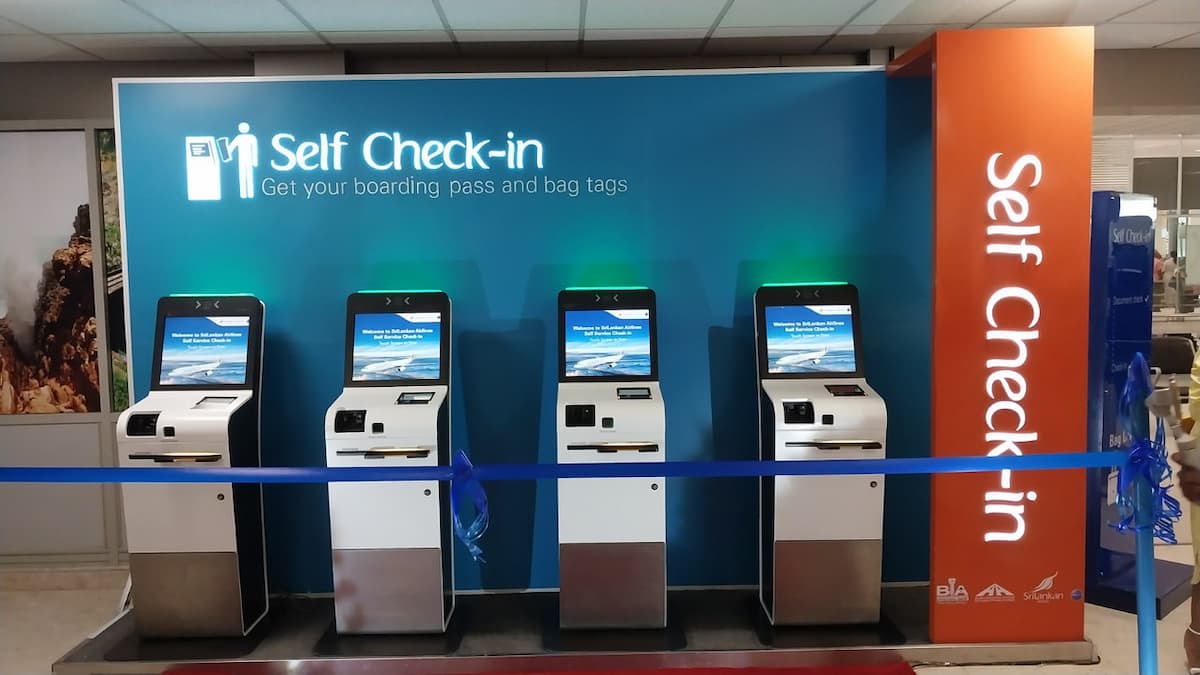In recent years, the convergence of artificial intelligence (AI) and biometric technology has ushered in a new era of efficiency and convenience within air travel.
Airports worldwide have slowly embraced these innovations, streamlining check-in processes, enhancing security measures, and ultimately providing passengers with smoother and faster journeys.
AI-Enhanced Security Screening
Gone are the days of long queues at security checkpoints. AI-powered scanners and detectors equipped with advanced algorithms now swiftly identify prohibited items and potential security threats.
These systems analyze X-ray images to detect anomalies, reducing the need for manual inspections and significantly expediting the screening process.
Biometric data, such as facial recognition and fingerprint scanning, has become a cornerstone of airport security.
Passengers can seamlessly move through checkpoints by presenting their faces or fingerprints, eliminating the hassle of repeatedly presenting boarding passes and identification.
For instance, Changi Airport in Singapore has implemented facial recognition technology, allowing passengers to breeze swiftly through immigration and boarding procedures.
Efficient Check-in Procedures
AI-driven check-in kiosks and mobile applications have simplified the initial stages of travel. Passengers can complete the check-in process autonomously, select seats, and even drop off baggage without extensive interaction with airline staff. Moreover, AI algorithms predict and manage peak travel times, optimizing staff allocation and reducing wait times at counters.
Biometric authentication plays a pivotal role in expediting check-in. Some airports have introduced biometric boarding gates that match passengers’ facial or iris scans with their flight information, enabling a seamless boarding experience.
Source: Eturbo News.






